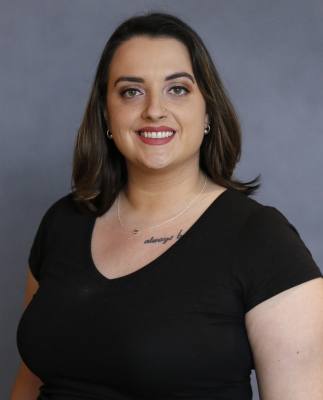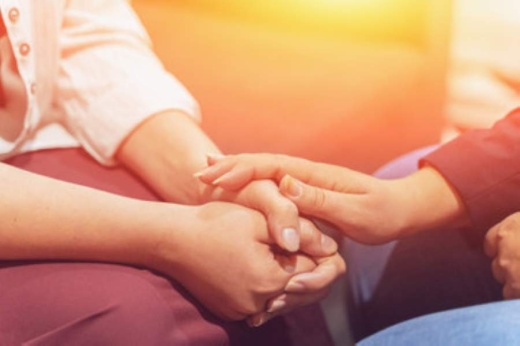The coronavirus pandemic has upended various aspects of normal life, including the ways in which people are able to experience loss, making self-care more important now than ever, according to a League City resident who teaches in the family therapy department at University of Houston-Clear Lake.
As various hospitals ban visitors in an attempt to help contain the spread of the virus, the separation of sick patients from their family members and friends creates a “slow burn” of grief and loss, said Emily Fessler, UHCL associate professor of marriage and family therapy, in a news release. Across societies and cultures, families have come up with traditions to honor the person who died and help manage the grief that comes with losing a loved one, but social distancing practices undermine many of these rituals, she said.
“As a mental health professional, I know people go through a period of anticipatory grief, whether someone is dying of COVID-19 or something else. You know they’re dying,” she said in the release. “You feel guilty because you can’t be there with them in their final moments, which means you can’t get the closure you want and need.”
Although the virus has decimated traditional support systems, Fessler said reaching out to family—whether via video chat, phone calls or old-fashioned letter writing software—is an essential self-care act during this time of increased isolation. For those in need of further care, the increased availability of telehealth means that despite many doctor's offices and clinics closing their physical locations, there is no need to suffer alone, she said.
Many families of virus patients did not get a chance to experience anticipatory grief, Fessler added. If a virus patient later dies, those same family members may also feel more isolated because they are deprived of the option of getting together with loved ones for a funeral celebration, she added.
“There’s just trauma coming out of nowhere, and it exacerbates everything,” she said. “There’s no script for how to go through this.”
Fessler encouraged those struggling to focus on basic acts of personal care and not attempt to be productive at pre-pandemic levels.
“Make sure you are hydrated and that you’re eating and sleeping, [and don’t] put too much pressure on yourself to get things done or maintain normalcy in the face of a crisis,” she said in the release. “There’s a big distinction between working from home, and working from home during a global pandemic. It’s not the same.”





